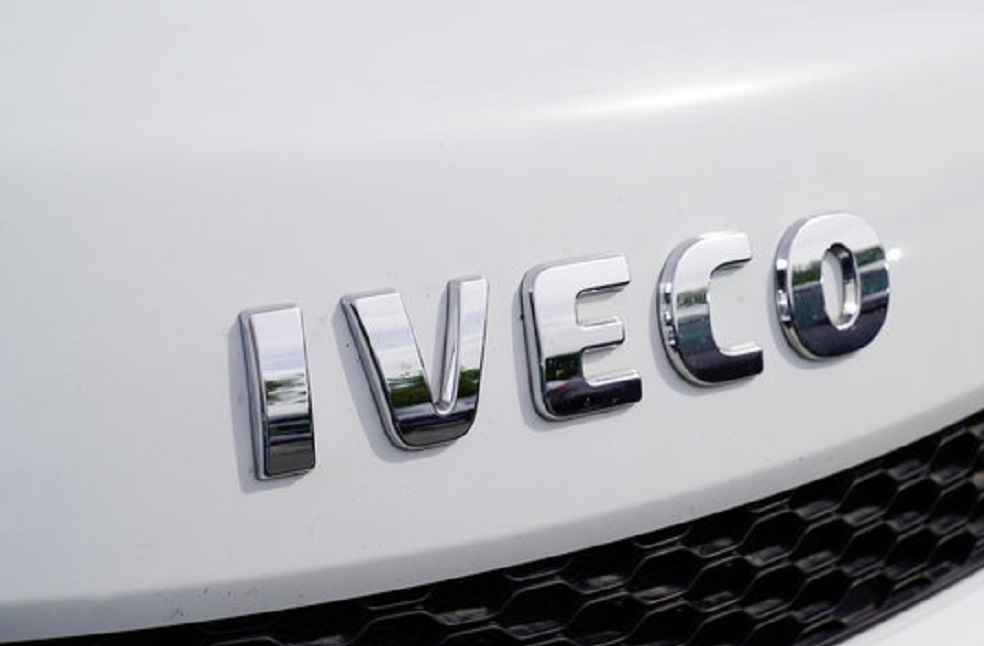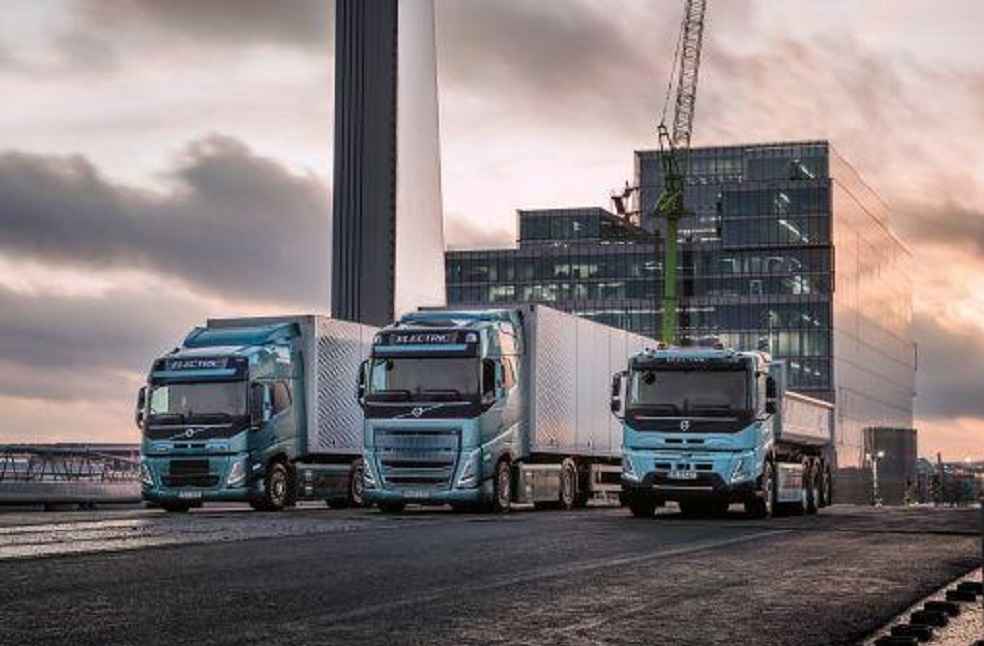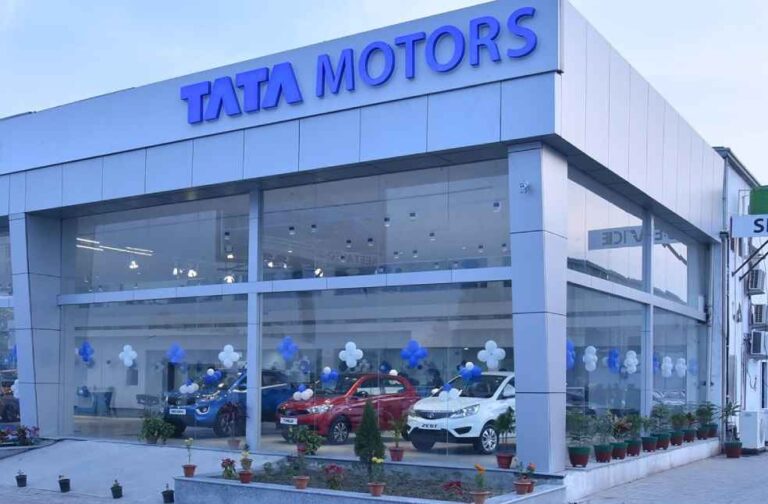Tata Motors is reportedly preparing to acquire Italian commercial vehicle manufacturer Iveco in a $4.5 billion deal, marking its largest-ever automotive acquisition and the second-largest in the Tata Group’s history after its $12.9 billion acquisition of Corus in 2007. If completed, the deal would surpass Tata’s 2008 acquisition of Jaguar Land Rover (JLR), which was valued at $2.3 billion.
According to The Economic Times, the boards of Tata Motors and Turin-based Iveco are scheduled to meet on Wednesday to approve the transaction, with a formal announcement expected the same day.
Iveco confirmed on Tuesday that it is in advanced talks with multiple parties over two separate transactions — one involving its defence business and another concerning its core operations. The company had previously announced plans to divest or spin off its defence unit by the end of 2025 and has already received offers from potential buyers.

Founded in Italy, Iveco manufactures trucks, buses, and engines. It currently has a market capitalization of approximately $4.9 billion. Its largest shareholder, Exor, the Agnelli family’s investment firm- holds 27.1% of the company’s equity and 43.1% of the voting rights.
The acquisition is being facilitated by a Dutch-based special purpose entity wholly owned by Tata Motors. Morgan Stanley is advising Tata Motors, while Goldman Sachs is representing the Agnelli family and Iveco. Legal counsel is being provided by Clifford Chance, a British law firm.
The transaction follows six weeks of intensive negotiations and is being conducted under an exclusivity agreement between the parties, which is set to expire on August 1. If finalized, the acquisition would significantly expand Tata Motors’ global footprint in the commercial vehicle segment.

Iveco, though recognized across Europe, is considered the smallest among the continent’s leading commercial vehicle manufacturers, trailing Volvo, Daimler, and Traton. Its relatively modest scale has made it an attractive acquisition target over the years. Its involvement in defence manufacturing has posed regulatory hurdles, including potential scrutiny under Italy’s ‘golden power’ rules, which allow the government to intervene in deals involving companies of strategic national interest. The company employs around 36,000 people globally, including roughly 14,000 in Italy.
EV WORLD | China’s Electric Vehicle Boom Reshapes Auto Industry Ties with Europe





